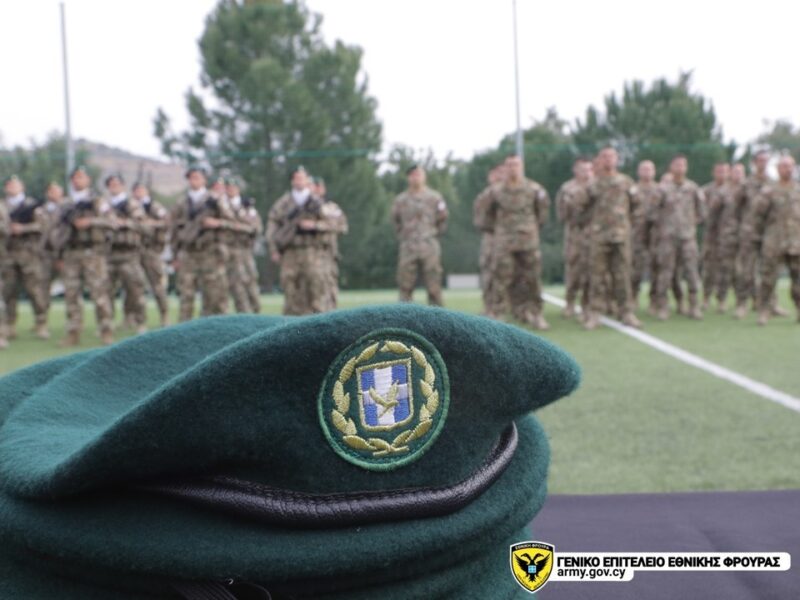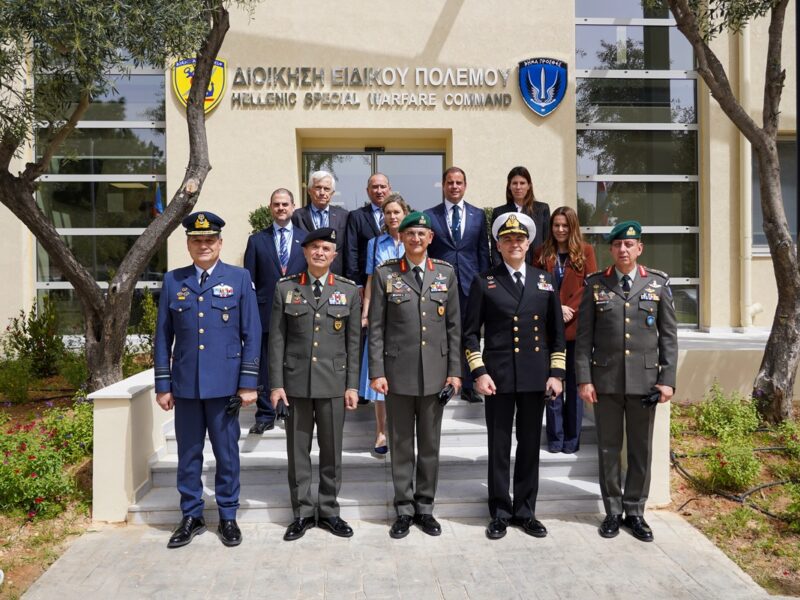The role of a Greek submarine that can, by surfacing in a specific area, collapse the morale of the Turks
The world of the Eastern Mediterranean is on the final stretch for an open conflict between Greece and Turkey.
It is indeed typical that in the staffs in Athens one of the scenarios they are considering is the one that wants Turkey to send the Abdulhamid Khan to the south of Crete accompanied by Libyan units.
The interesting thing in this case is that one of the answers being considered uses both the contribution of allied forces in the region and national capabilities.
More specifically, the specific plan, according to information from military sources who spoke to Pentapostagma, has the code name “Silfio/Kimon”.
This foresees the call of Athens to an allied country that in the not-so-distant past carried out an air strike against the air base that Turkey was setting up in Libya at the time, to repeat it against the now war-ready Turkish air base in Al-Watiya.
At the same time, in the event that the Turkish drilling rig continues to sail south of Crete without having penetrated the Greek continental shelf, the same plan envisages the dispatch of a Greek submarine that will surface in a show of force off Kyrenia, i.e. to the north of the occupied Cyprus.
The participation of a Greek submarine in the four-part exercise “Eunomy” is not at all accidental, the same source reports, as its presence west of Megalonis gives the crews of the Greek submarines the opportunity to familiarize themselves with the waters of the Eastern Mediterranean.
The announcement of the General Staff of the Cyprus National Guard regarding the 4-part exercise is typical: “On Thursday, October 06, 2022, the 4-part aeronautical exercise “EUNOMIA-3/2022” was completed, with the realization of the final phase in the maritime area east of Limassol, in which Naval and Airborne vehicles participated, as well as Special Operations Teams from Italy, Cyprus, Greece, France.
The final phase was attended by the Chief of the National Guard, Lieutenant General Dimokritos Zervakis, the Operational Commander of the French Mediterranean Forces, Vice Admiral Gilles Boidevezi, the Deputy Commander of the Fleet Headquarters of the Hellenic Navy, Rear Admiral Polychronis Koulouris, as well as the Commander of the 1st Naval Command of Italian Navy, Rear Admiral Lorenzano Di Renzo, as representatives of the States that make up the Quadripartite Cooperation (QUADRIPARTITE INITIATIVE – QUAD).
The scenarios that were executed included, among others, aeronautical maritime interdiction operations, dealing with asymmetric threats, anti-aircraft – anti-submarine operations, execution of high-level advanced maneuvers and communications, execution of surface fires as well as Search and Rescue (S&R) under the coordination of the KSED.
During the exercise, the Greek Frigate (F/C) SALAMIS and the Italian F/C ITS LIBECCIO participated with their organic helicopters, a submarine of the Greek Navy, the PATH IOANNIDIS from the National Guard, Underwater Disaster Teams from Greece and Cyprus, an AW-139 helicopter and a UAV of the National Guard, a pair of RAFALE Fighter Aircraft of the French Air Force (PA) as well as an EWAC early warning A/F and 6 A/F of the F-16 type, of the Greek Air Force.
The Chief of the National Guard, upon completion of the final phase, after congratulating the participants, noted that in addition to the messages at the strategic level, the exercise contributed to increasing the interoperability between the Naval and Air forces at the operational and tactical levels, as well as the ability to coordinate joint actions in international waters, by planning and conducting a wide range of aeronautical operations.
The holding of the “EUNOMIA” exercise, for the third consecutive year, is a confirmation of the declared intention, commitment and ability of Italy, Cyprus, Greece and France, to cooperate with the aim of maintaining regional stability and maritime security, as well as ensuring the freedom of navigation in international waters.”


